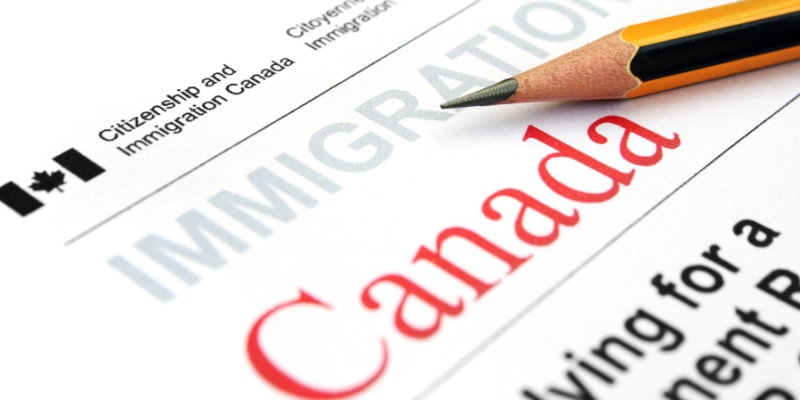There has been much huffing and puffing by politicians, the media and immigrant lobbyists about the governments plan to reduce the number of parents and grandparents joining their immigrant offspring in Canada next year.
Yes, the policy change is unfair. Many immigrants have come to Canada having been promised that their parents and grandparents could join them so that they can continue the cultural traditions of their homelands and receive help with family chores and child care.
canadian immigration
A recent Statistics Canada report indicates that incomes in larger Canadian cities have virtually stagnated since the 1990s. Related to this is the fact that recent immigrants have much lower earnings and higher poverty levels than those who came earlier and that this is the main reason for the poor economic performance of residents of large cities.
While a number of factors are involved, one that few have been prepared to acknowledge is that we are simply bringing in far more people than we need or can absorb.
Some Canadians seem to think that a preference for moderate immigration levels reflects hostility toward immigrants. This is absurd. Many immigrants themselves would prefer lower immigration levels, yet when Canadians make this point, we are attacked.
I spent 25 years in Asia, Africa and the Middle East. I speak Chinese. My wife is from Vietnam. Because two of my recent papers for the Fraser Institute on immigration policy have attracted such criticism, its necessary to make the moderate immigration argument once more.
The basic economic case for immigration is strong. In Canadas market economy immigrants on average receive wages that match their contribution to output, which in turn they use for their own purposes. As a result, the incomes of Canadians are the same with as without the immigrants, except that they benefit from doing business with them.

